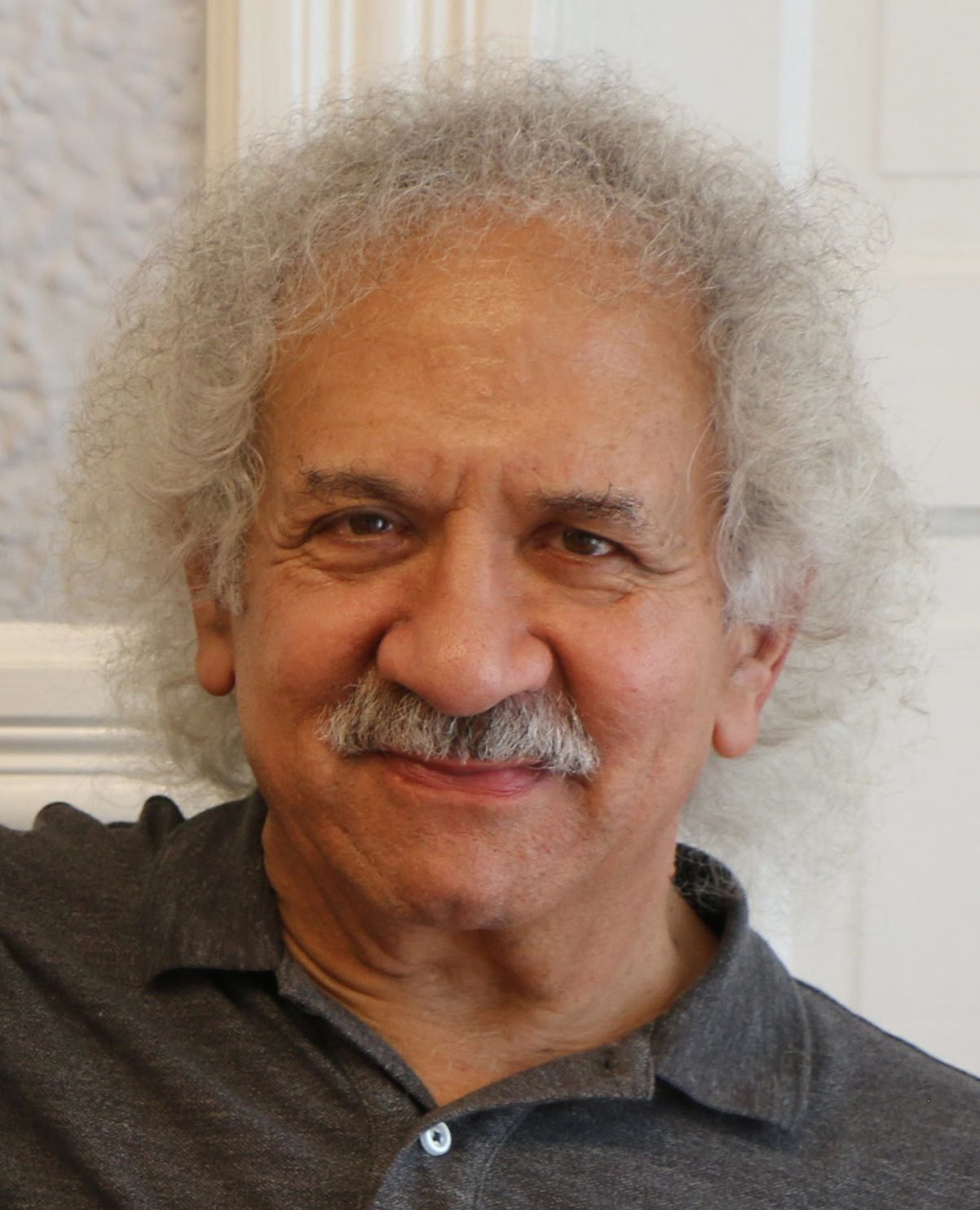LYNN — “No Time for Death” is Harris Gardner’s fourth published collection of poems and his most recent in 15 years.
Born in Lynn, Gardner meditates on some things that are mundane and some things that are timeless in “No Time for Death,” while also asserting the glorious victory of life. Despite the seriousness of the matter, the poems in the book sparkle with a pervasive undercurrent of humor.
“No Time for Death” calls for taking a breath, a revitalizing pause, and enjoying the most of the day-to-day. The poems Gardner wrote, which are concerned with the busyness of living, ask the reader, “what’s the rush? Death can wait, can’t it?”
This 82-page book is divided into three sections: “An Argument with Time,” “Contemplating Mortality Instead of My Navel,” and “Negotiating for An Afterlife.”
The introduction was written by Rhina P. Espaillat, a bilingual Dominican-American poet and translator. Espaillat is affiliated with the literary movement known as New Formalism in American poetry, and she is recognized for her humorous blend of biblical and classical influences, which echo Gardner’s own search for a timelessness that goes beyond religious boundaries.
“This lovely collection uses poignant wit and deep feeling to fend off mortality in the only way that poems know how: by keeping time alive in breathing lines,” said poet George Kalogeris, author of “Dialogos” (Antilever Press) and “Camus: Carnets” (Pressed Wafer Press). “I admire the combination of playful, ebullient imagination and steady, formal restraint in these ranging meditations on transience.”
Kalogeris, who is also an associate professor at Suffolk University, mentioned that some of Gardner’s most recent poems bore extremely moving elements of Gardner’s own Jewish heritage.
“Gardner’s intuitive grasp of the instructive way that language, by its punctuated structure, keeps reminding us of our human predicament, even as it continues beyond the end-stopped lines,” said Kalogeris.
Jennifer Berber, the founding editor of Salamander – a magazine for poetry, fiction, and memoirs, similarly had glowing reviews for Gardner.
“Harris Gardner’s collection is sharply aware of mortality,” she said. “Gardner, in a poem like ‘Entreaty to the Trees,’ finds a way forward through the recognition of the world’s healing beauty.”
Berber is also the author of several poetry collections, as is Fred Marchant, author of “Said Not Said” (Graywolf Press). Marchant maintains that Gardner’s poems present us with the spells or rituals that do not deny death as much as they put it in its place. Marchant also compared Gardner’s poetic style with those of Dylan Thomas and John Donne before him.
“Gardner is fully intent on showing us how death shall have in the end no dominion, and that it, too, will die,” said Marchant. “When one is committed to life, these poems say there really is no time for death.”
Gardner was raised on Ocean Street in Lynn, graduating from English High. The Item published 24 of his poems while Gardner was still in high school. However, the poet says that his best poetry was written in the last 25 years.
Gardner was a Boston resident for most of his adult life, graduating from Northeastern University with a bachelor’s degree in liberal arts and English in 1969. Before “No Time for Death,” he published another poetry collection — “Chalice of Eros” (co-authored with Lainie Senechal) and two chapbooks: “Lest They Become” (2003) and “Among Us” (2007).
Gardner is also the poetry editor of Ibbetson Street Literary Magazine, the co-founder of Tapestry of Voices — a poetical readings association, and the Boston National Poetry Month Festival.

